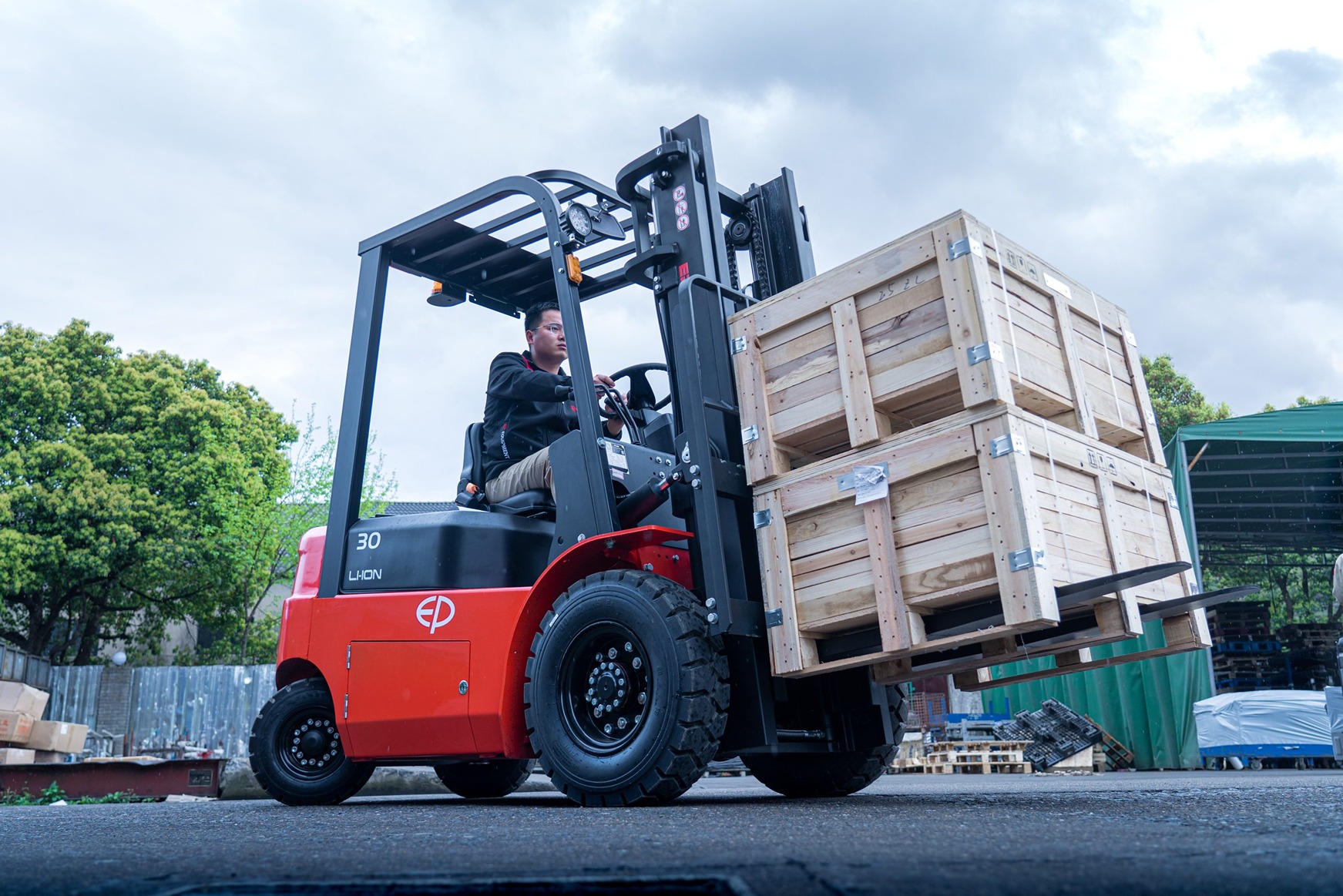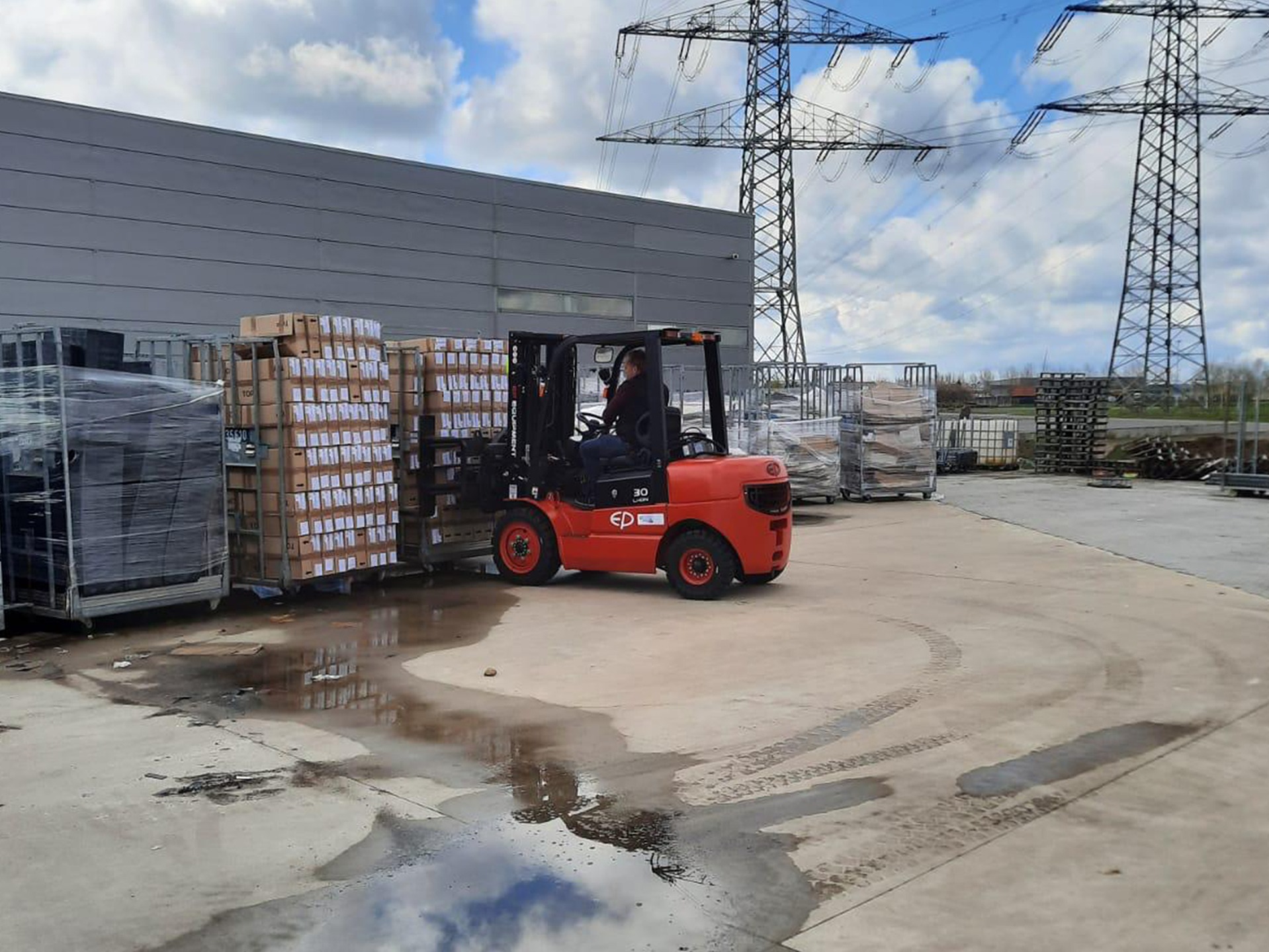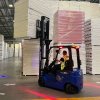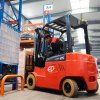Electric Forklifts vs. Gas Forklifts: Pros and Cons
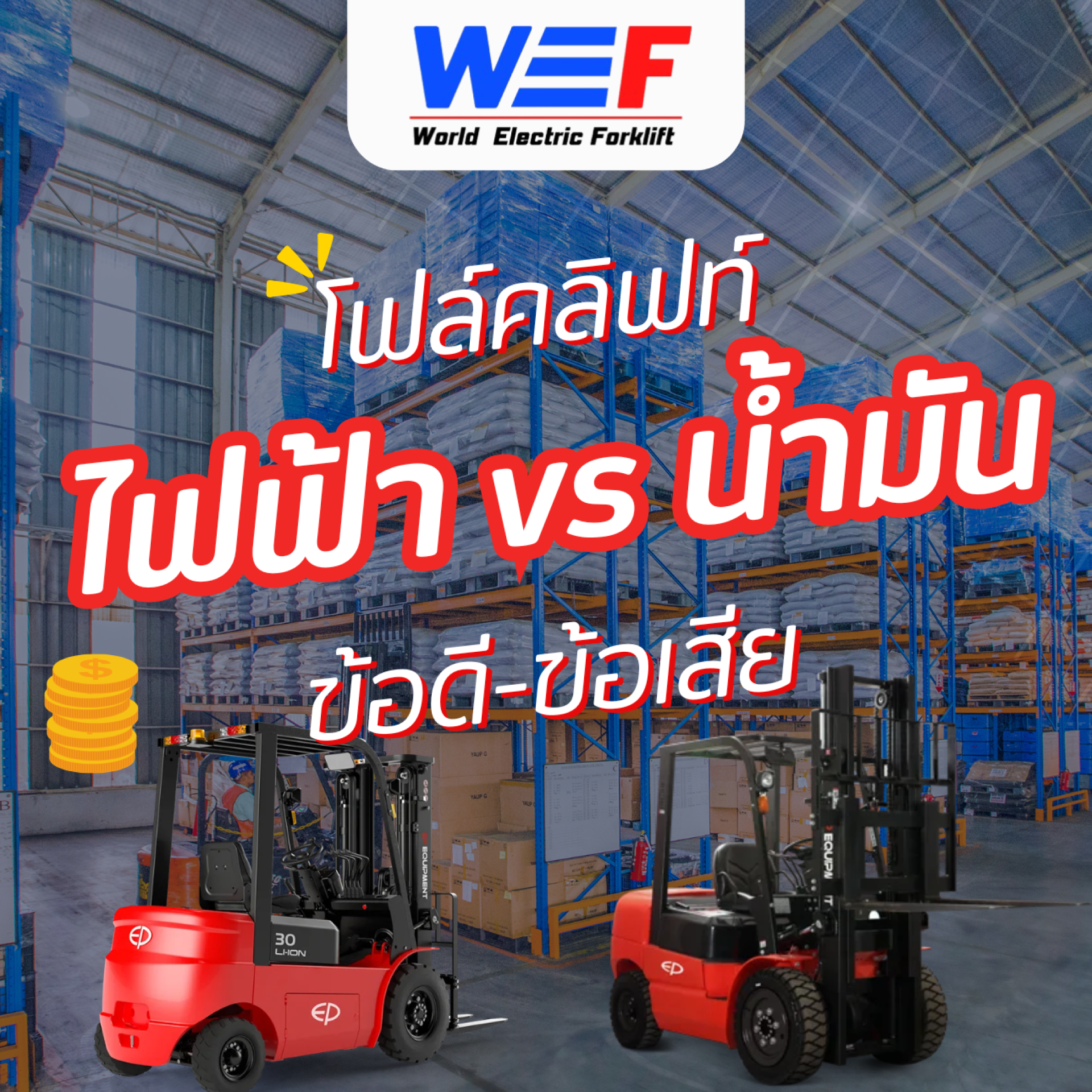
1. Electric Forklift
Electric forklifts are powered by batteries, making them an ideal choice for indoor and outdoor applications where air and noise pollution must be reduced.Advantages of electric forklifts
- Environmentally friendly, no exhaust emissions, reduce air pollution, suitable for use in closed areas such as warehouses and food factories
- Low noise, quieter than oil forklifts, reduce noise pollution, increase convenience in working in areas with a large number of workers
- Low maintenance costs, no need to change engine oil or check the fuel system often, reduce costs in the long run
- Smooth operation, electric motor drive system provides precise control and smooth acceleration
Disadvantages of electric forklifts
- Battery charging time is required. When the battery is depleted, it takes several hours to recharge, resulting in a downtime.
- Limited power, suitable for short cycles. For continuous heavy use, a backup battery may be required.
- High initial cost. Electric forklifts are usually more expensive than petrol forklifts, but they pay off in the long run due to energy and maintenance savings.
2. Engine forklift
Petrol forklifts are powered by engines that use fuels such as diesel, LPG or gasoline, which gives them high power and can work continuously for longer than electric systems.
Advantages of Engine Forklifts
- High power and continuous use, suitable for high-powered jobs such as heavy lifting or outdoor use.
- Fast refueling, no need to wait for the battery to charge, can refuel or change the gas tank immediately, reducing downtime.
- Lower initial cost, the purchase price of a petrol forklift is usually cheaper than an electric forklift, and it is easy to find.
Disadvantages of Engine Forklifts
- Air pollution: Emits exhaust fumes, making them unsuitable for use in closed buildings or where air quality is controlled.
- Noise and vibration: Gasoline engines produce more noise and vibration, which can affect the working environment.
- High maintenance costs: Regular oil, air filter, and fuel system checks are required, which increases maintenance costs.
3. Compare electric forklifts and Engine Forklifts.
| Features | Electric Forklift | Engine Forklifts |
| energy | Use battery | Use oil/gas |
| pollution | No exhaust fumes | Emissions |
| Noise | quiet | It's loud |
| Usage | Suitable for indoor areas | Suitable for heavy outdoor work |
| Maintenance cost | Low | High |
| Working hours | Limited by battery capacity | Can be used continuously |
4. What type of forklift should I choose?
The choice of forklift depends on several key factors, such as location of use, type of work, and operating costs.
- Choose an electric forklift if you want to reduce pollution, save on maintenance costs, and work in closed areas.
- Choose a petrol forklift if you want high power, continuous use, and work in open areas.
5. Summary
Electric forklifts and petrol forklifts have different advantages and disadvantages. The choice of use must be considered according to the suitability of each organization. If you want to reduce costs in the long run and be environmentally friendly, electric forklifts are a good choice. But if you want high power and continuous use, petrol forklifts may be the right answer.
Careful consideration before choosing a forklift will help increase work efficiency, reduce costs, and help organizations operate smoothly and safely.
